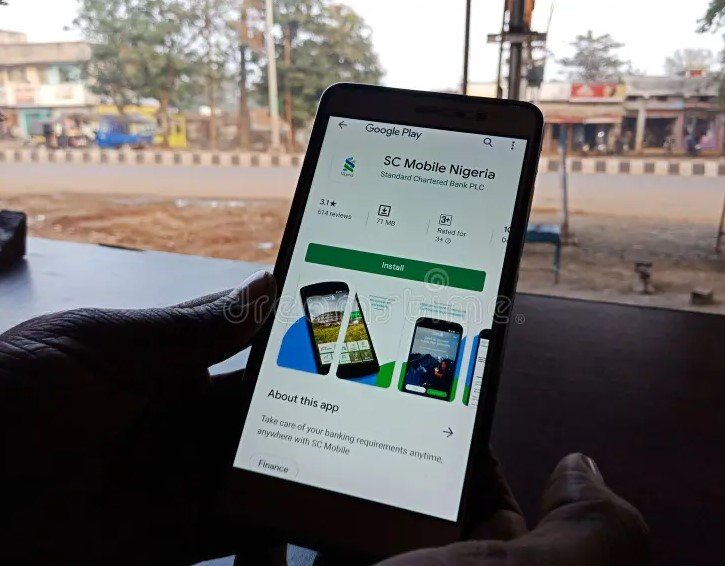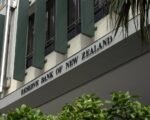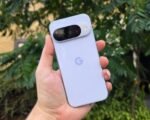Starting June 3, Nigerian banks will no longer deduct USSD transaction fees from customers’ bank accounts. Instead, these charges will be taken directly from users’ mobile airtime, following a new directive by the Nigerian Communications Commission (NCC).
This change flips the usual billing system on its head. Customers now will see their airtime balances shrink slightly with every USSD banking session, rather than seeing their bank balances affected immediately. It’s a move that could ruffle some feathers, especially among frequent USSD users.
Banks Comply with NCC’s End-User Billing Model
The NCC’s new End-User Billing directive aims to streamline USSD payments by routing charges through mobile network operators instead of banks. UBA, one of Nigeria’s top commercial banks, confirmed this shift in a recent email to customers. According to UBA’s notice, each USSD session will cost N6.98 per 120 seconds, deducted from the customer’s airtime balance after explicit consent.
UBA reassured customers that before any airtime is deducted, users will receive a prompt seeking their permission to continue the transaction. If the customer declines, no charge will be taken. Also, if a user’s airtime balance is insufficient, the transaction won’t proceed. These safeguards, however, won’t completely eliminate concerns about unexpected airtime depletion.
Here’s the kicker — customers who don’t want their airtime touched can simply opt out of using USSD banking altogether, though that may leave some scrambling for alternatives.
The announcement from UBA highlights a subtle yet significant shift in how banking services are paid for on mobile platforms. Previously, fees were automatically deducted from customers’ bank accounts without any direct impact on their phone credit. Now, mobile network operators step into the billing spotlight.

Why This Matters for Nigerian Customers
USSD banking has been a lifeline for millions in Nigeria, especially for those without smartphones or reliable internet. It’s simple, fast, and accessible across all mobile phones. However, the fee change could impact user behavior in unexpected ways.
First off, airtime is precious, especially for prepaid users who might already be pinching pennies to keep their phones running. A small fee every time you check your balance or transfer money could add up. Some users might become more selective with USSD usage, potentially switching to other methods like mobile apps or visiting branches.
Secondly, since the charge is per 120-second session, longer transactions or repeated attempts due to network issues could drain airtime faster than anticipated. It could add a layer of frustration for users already battling poor connectivity in some regions.
-
N6.98 is now the standard charge per USSD session.
-
This fee will be deducted from airtime, not bank accounts.
-
Customers get a prompt to confirm before airtime is taken.
Mobile Network Operators Take on a Bigger Role
The NCC’s move also means mobile network operators will now be more involved in banking transactions’ billing. MTN, Airtel, Glo, and 9mobile will bill customers directly for USSD banking sessions. This raises questions about transparency and fairness. Will all network providers charge the same rate? How will complaints or disputes be handled?
These codes replace older versions, reflecting the updated billing model.
Some analysts suggest the change aims to reduce fraud and increase accountability, but others worry it could discourage the use of USSD services altogether, especially among low-income users.
Banks Push Back? Not Quite
So far, Nigerian banks have accepted the directive without public protest. For them, shifting USSD fees to airtime might reduce the operational headaches of fee collection and decrease disputes over charges. But the real question is how customers will respond.
For many, this is a subtle financial hit. You don’t see the money leave your bank account, but you do notice your airtime balance shrinking. Since airtime is essential for calls and messages, this may prompt some users to rethink how often they rely on USSD banking.
Banks have also made it clear that customers retain the right to opt out of USSD banking entirely. However, alternative options like mobile apps or physical branches aren’t accessible or convenient for everyone, especially in rural areas or among older demographics.
Looking Ahead: What This Means for Nigeria’s Digital Banking
The shift reflects a broader trend where telecom companies play a more direct role in digital financial services. This might pave the way for new partnerships or pricing models down the road.
At the same time, it underscores a challenge: balancing convenience with cost for everyday Nigerians. While USSD remains vital for millions, changes like this could widen gaps in access if not handled thoughtfully.
Ultimately, customers will vote with their wallets and airtime balances. If fees feel unfair or bite too hard, they might seek alternatives—or even revert to cash-based transactions, slowing digital banking growth.
One thing’s clear: this is a big change, and how it plays out will be worth watching closely in Nigeria’s fast-evolving fintech scene.








